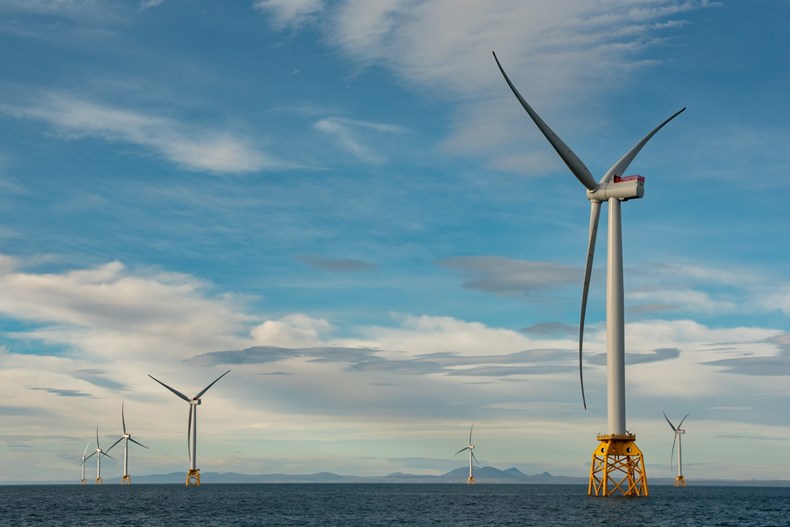
It is coming up to a year since Russia invaded Ukraine, creating a humanitarian disaster and triggering the biggest energy crisis in decades.
As the tanks rolled in, every country in Europe had to question its energy policy and face the consequences of depending too much and for too long on volatile gas prices and the regimes that control them.
Ireland was no exception.
So, a year on, what have we learned?
Fortunately, there is now broad agreement on what we all want: a homegrown energy system that is cheaper, cleaner and more secure.
But how do we get there?
There are key steps I think Ireland can take to solve the energy crisis sustainably.
Firstly, we should radically increase homegrown renewable generation. Ireland is blessed with massive natural resources that are still largely untapped, particularly offshore wind.
The first offshore wind auction will take place shortly and the government should be ambitious and enable as many projects as possible.
To give you a sense of the opportunity, SSE alone stands ready to invest €2.5 billion in our Arklow development in Co. Wicklow, which will be able to power around 850,000 homes.
Increasing renewable generation reduces Ireland’s exposure to variable fossil fuel prices and should therefore protect against the kind of volatile price spikes we have seen in the past year.
Secondly, we need to develop and implement a clear and credible strategy for a hydrogen economy that will be crucial to replacing fossil fuels over time.
As Irish offshore wind production ramps up, we can use electricity during periods of high wind to produce ‘green hydrogen’. In this way, clean electricity can effectively be stored and then used to generate power when it’s less windy.
Projects such as the Galway Hydrogen Hub, the country’s first ‘Hydrogen Valley’, are linking research, production, distribution, and transportation to businesses and other users, so we are already making progress.
EU support for hydrogen is strong, and with a clear strategy, Ireland can be at the forefront of the Europe’s hydrogen story. With the USA’s Inflation Reduction Act promoting hydrogen development on the other side of the Atlantic, the competition is on to attract the talent and technology necessary to deliver the hydrogen revolution.
Thirdly, we need to make it easier to develop and operate a range of clean technologies such as the Richfield project in Wexford, that combines wind, solar and battery technologies efficiently at the same site.
But co-locating assets like this is currently a painful process. We can fix this fairly simply by streamlining regulations, making it easier to build out the essential infrastructure we need.
Finally, decarbonising our homes and businesses is critical to meeting Ireland’s energy savings targets. The momentum behind the national retrofit programme must be maintained by ensuring the availability of skills in the market. Government support should also be considered for small and medium sized businesses seeking to retrofit their premises and reduce their carbon footprints.
With these steps government and industry can turbocharge Ireland’s next phase of economic growth, while also tackling climate change. It is a win-win opportunity, and it must be seized.
But the clock is ticking.
"The global competition for the people, technologies and investment that will create the clean energy systems of the future is getting fiercer and fiercer. With incredible natural resources, Ireland has a great opportunity to provide leadership in a sector that is one of the biggest opportunities of the 21st century."
Alistair Phillips-Davies
But taking full advantage of this needs more than just ambition, it needs action.
The further and faster we go, the quicker Ireland can move towards greater energy independence, unlocking all the benefits it offers to families and businesses.
In doing this, Ireland will also send a clear signal to Europe and the world that it intends to help lead the clean energy revolution, not just follow.



